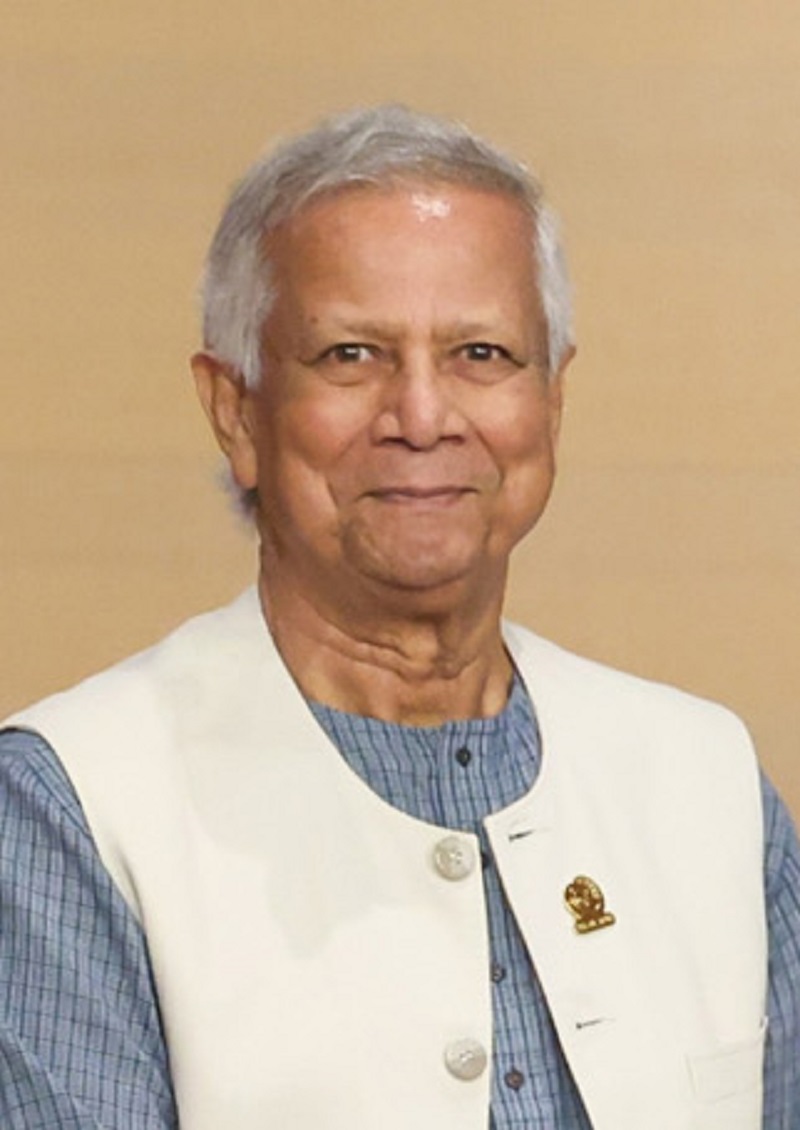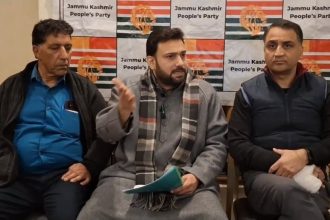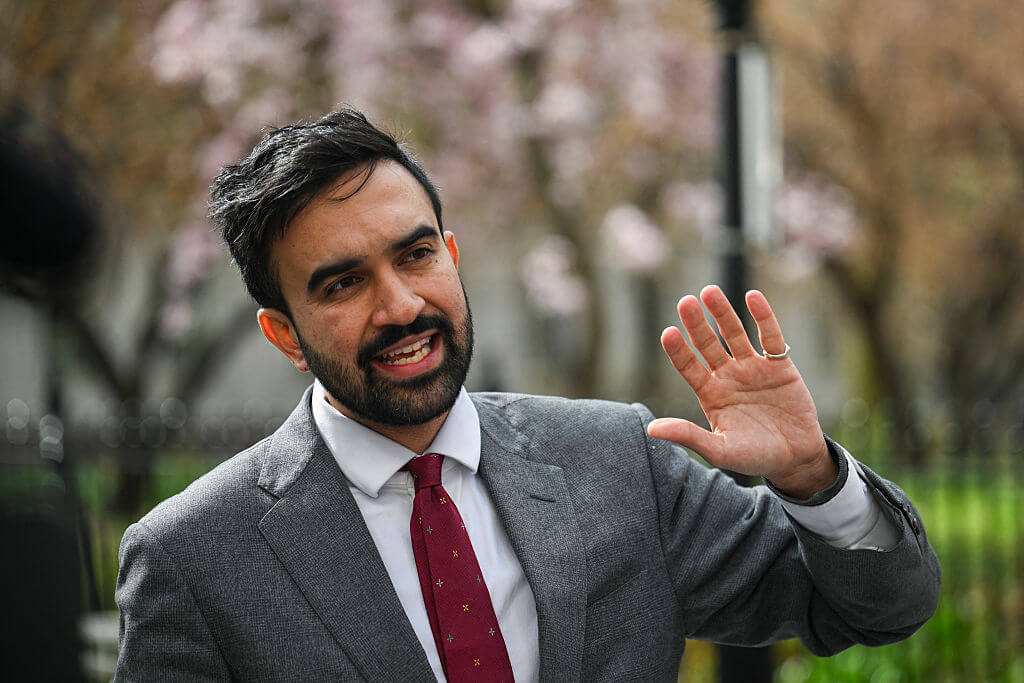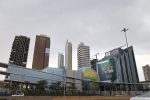Dhaka, May 23 — In a deeply emotional turn of events, Professor Muhammad Yunus, the interim leader of Bangladesh’s caretaker government, is reportedly contemplating stepping down, citing the unbearable strain of a political deadlock that has left the nation at a crossroads.
The news broke late Thursday night through the BBC Bangla service, quoting NCP (National Citizen Party) chief Nhid Islam, who shared his recent conversation with the Nobel laureate.
“We’ve been hearing whispers about his resignation all day,” Islam said. “So I went to see him face to face. He looked tired. He told me, ‘I’m thinking about it… the situation has become such that I simply can’t function.’”
Professor Yunus, who took the reins following a historic student-led uprising last year, is believed to be disheartened by the failure of political parties to find common ground. “I won’t be able to continue unless there is unity,” he told Islam.
The NCP, born out of the student movement and considered to have Yunus’s moral support, urged him to stay the course. “I told him we still need him—for the country, for the people, and for the hope they placed in him after the uprising,” Islam said.
But the dilemma runs deep. “What’s the point of staying if he can’t do his job?” Islam added. “If the political parties don’t give him their trust, their assurance… how can he lead?”
Over the past 48 hours, Yunus’s government has faced mounting pressure, particularly from segments of the military that once supported the civilian-led uprising. These same forces helped usher in Yunus after facilitating Sheikh Hasina’s peaceful departure to India last year—an act seen by many as a silent endorsement of change.
The very students who once rallied in the streets, demanding justice and reform, now watch anxiously from the sidelines, hoping their symbol of hope won’t be lost to the same political games they rose up against.
Whether Yunus will stay or go remains uncertain. But one thing is clear: the future of Bangladesh once again hangs in the balance.








